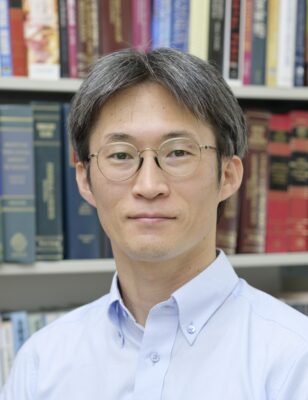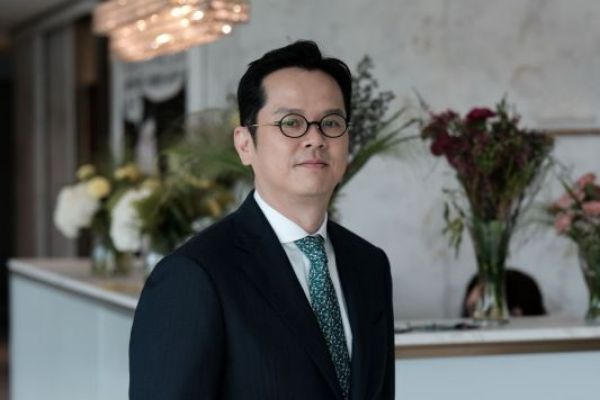CCLA Lunchtime Seminar - Trust Law in Civil Law: Taking Stock
SYNOPSIS
Trust law in Civil Law East Asia has developed along a distinctive path, shaped by historical diffusion and local adaptation. Doctrinally contractarian and obligational in structure, and long used almost exclusively for commercial purposes, civilian trust regimes diverge from the traditional common law model. These features reflect the trust’s transnational journey—eastward through British colonies and westward across North America and the Pacific—routes that converged in early twentieth-century Japan and continue to shape regional developments. What might appear anomalous instead reflects a complex interplay of doctrinal learning, legislative borrowing, colonial legacies, the international flow of capital, demographic transformation, and persistent legal-cultural norms. In recent years, trusts have been increasingly used for intergenerational asset management, raising tensions with mandatory succession rules such as forced heirship—especially given that foundational trust legislation was originally tailored to commercial needs. Meanwhile, an intriguing reversal is unfolding across the Asia-Pacific: as civil law systems look to donative trust uses, common law jurisdictions witness the growing prominence of commercial trusts, often introduced by statute, challenging inherited assumptions about fiduciary governance. These parallel developments—each grappling with the outer boundaries of trust law—underscore the need for a more context-sensitive and functionally grounded understanding of the trust, one that moves beyond the traditional civil law–common law divide.
SPEAKER

Professor Masayuki Tamaruya
Graduate Schools for Law and Politics
The University of Tokyo
Masayuki Tamaruya is Professor of Law at the University of Tokyo, where he teaches comparative law and trust law. His main research areas include trusts and estates, nonprofit organizations, and legal history. His publications include: 'Japanese, East Asian, and Transnational Fiduciary Orders' in Transnational Fiduciary Orders (Seth Davis, et al, eds, CUP 2024) pp. 188–215; 'Japanese Law and the Global Diffusion of Trust and Fiduciary Law,’ Iowa Law Review, vol. 103, pp. 2229–2261 (2018); and 'Fiduciary Principles in Japanese Law' in The Oxford Handbook of Fiduciary Law (Evan J. Criddle, et al, eds, OUP 2019), pp. 643–663 (with J. Mark Ramseyer). He co-edited Asia-Pacific Trust Law Volume 3: Boundaries in Context (Hart 2025) with Ying Khai Liew, and contributed to earlier volumes in the Asia-Pacific Trust Law series. He received his Bachelor of Laws from the University of Tokyo, LL.M. from New York University, and Diploma in Legal Studies from Cambridge University. He previously taught at Rikkyo University and has been a visiting scholar at Harvard Law School, the Harvard-Yenching Institute, the Faculty of Law and Magdalene College, Cambridge University, and the University of Wisconsin–Madison.
CHAIR

Professor Tang Hang Wu
Professor of Law; Associate Provost (Research Governance)
Singapore Management University
DETAILS
Date: 14 August 2025, Thursday
Time: 12:00pm to 1:00pm SGT (Registration starts at 11.45am)
Venue: Meeting Room 5-04, Level 5, Yong Pung How School of Law, Singapore Management University [Bento lunch will be provided]
REGISTRATIONRegistration is now closed as we have reached maximum capacity. Successful registrant will receive a confirmation email by 4 August 2025 from ccla@smu.edu.sg to confirm your registration. | | |